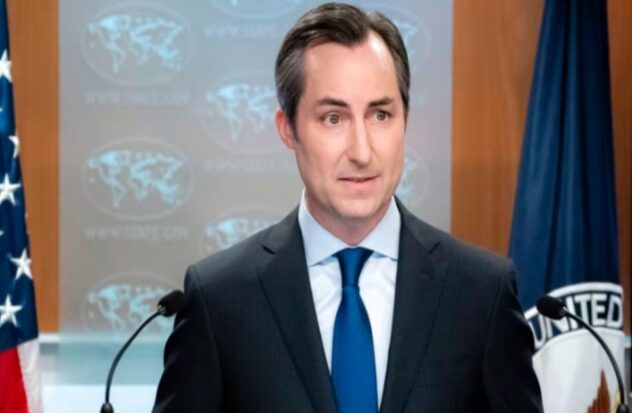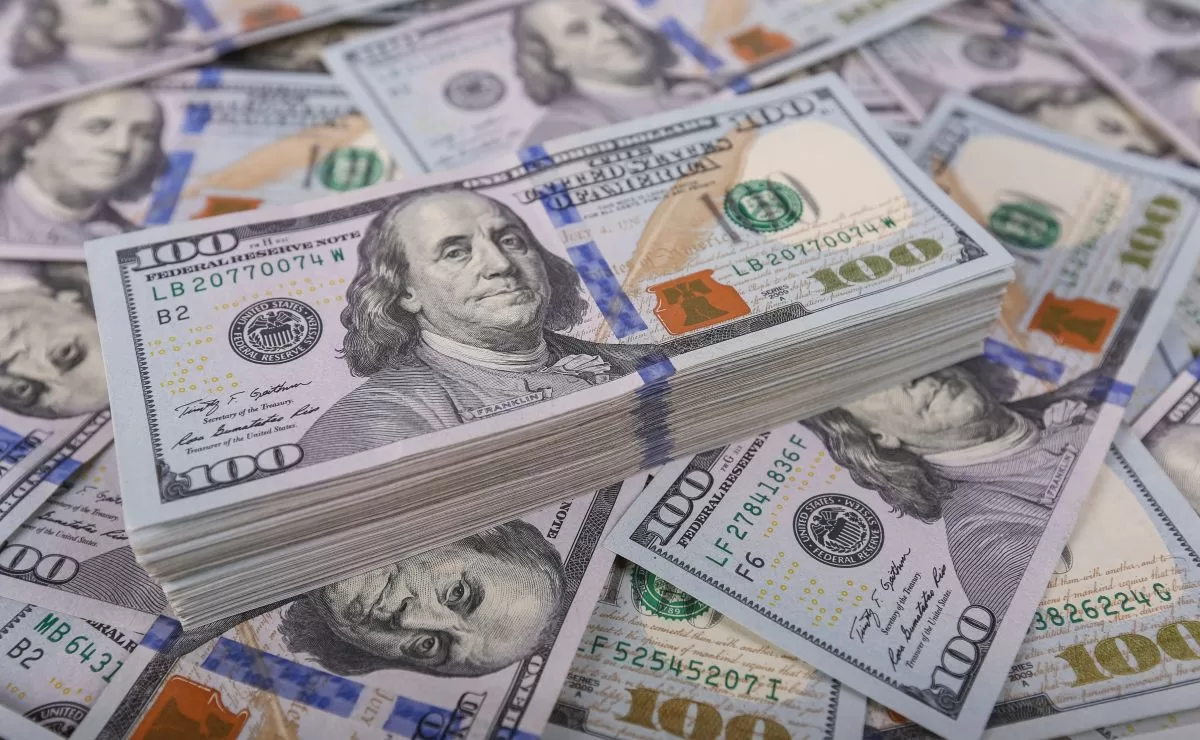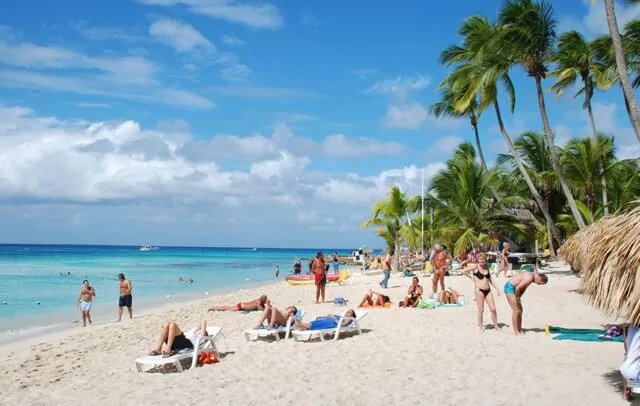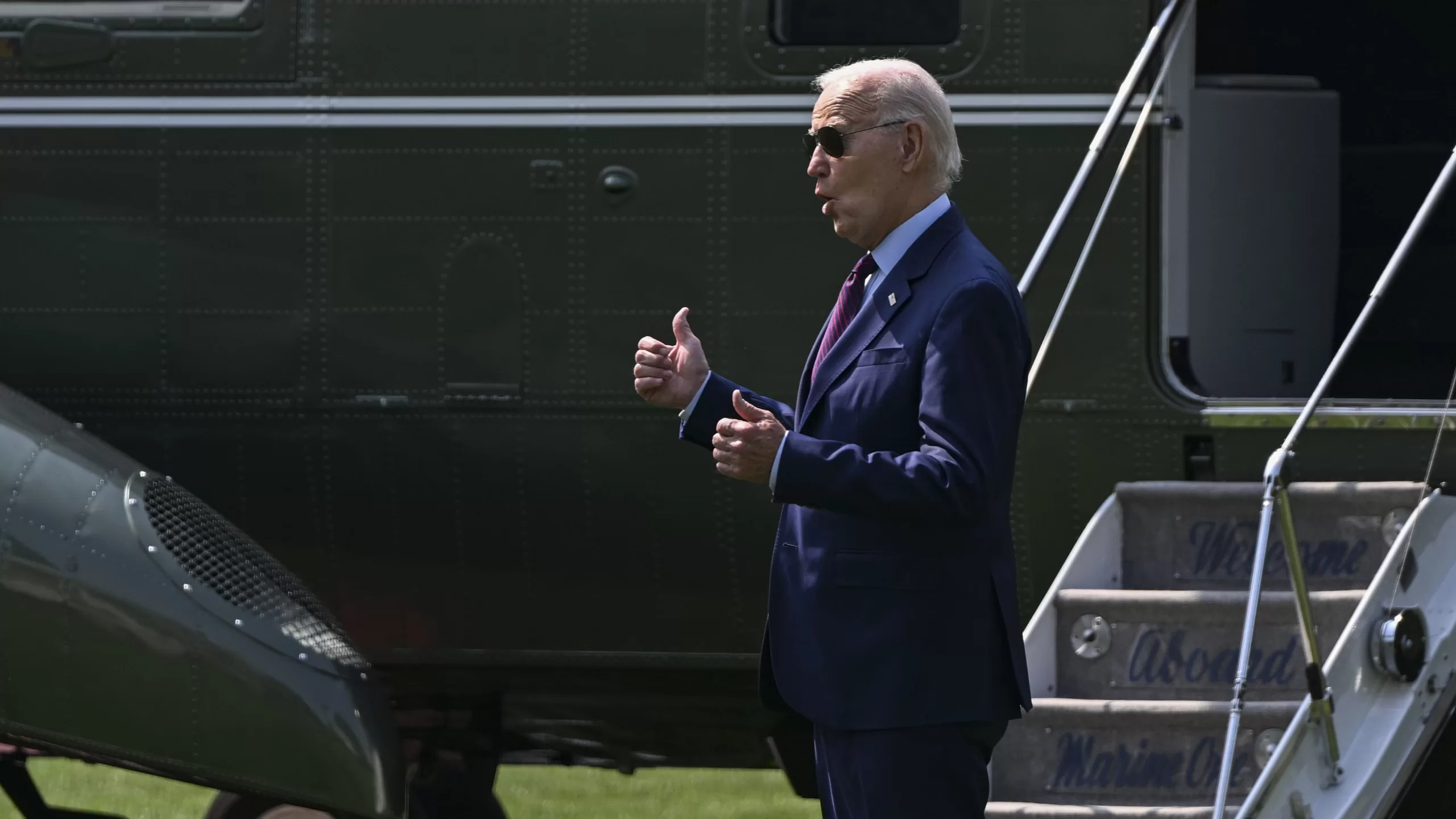In the statement from the US State Department it was determined that “Nicolás Maduro and his representatives have not fully complied with the commitments made in the electoral roadmap agreement, which was signed by representatives of Maduro and the opposition in Barbados in October 2023. ”.
On that occasion, the United States issued General License 44 for six months, with the warning that it would be renewed if the commitment to hold free and fair presidential elections was met.
In that context, “that General License that authorizes transactions related to operations in the oil or gas sector in Venezuela expired at 0:01 a.m. on April 18”. And although six months ago it was said “it is the last chance”, it seems that there is another.
According to the statement, “to implement an orderly process after the expiration of General License 44, the United States will issue another 45-day settlement License (44A)” which, according to journalistic reports, would be used to complete existing or in-transit transactions. .
However the statement made clear that the Treasury’s Office of Foreign Assets Control during that time “will also consider specific license applications to continue activities beyond the end of the liquidation period, on a case-by-case basis.”
From now on, companies that wish to do business with the state oil company PDVSA must request individual authorizations from the US Treasury, which will be evaluated.
On this point, the Venezuelan Minister of Petroleum, Rafael Tellechea, highlighted that Transnational companies like Repsol have the option of having a direct license, as has happened with Chevron.
“I am sure that all the transnational companies, as the license says very well, are opening the door for Asian companies to come, European companies to come, Indian licenses to come, ask for their licenses and continue working with Venezuela,” he said. .
Repsol and PDVSA signed on April 17, hours before the US decisiona geographical extension agreement of Petroquiriquire, a mixed company that operates in the western states of Zulia and Trujillo and the eastern Monagas.
In a statement issued by the Venezuelan Foreign Ministry, it rejects “the intention of the Government of the United States of America to monitor, protect, control and manipulate the Venezuelan oil industry through its illegal policy of imposing coercive measures and licenses, practices consistent with with a colonialist vision.”
an open window
Luz Mely Reyesa journalist expert in political issues, when referring to the new General License 44A, said that the US could have reinstated all sanctions at once “and start from scratch and did not do it, leaving rather an extension, for a closure, until May 31.”
In his opinion, the US position is not to close all the doors. “I think they are leaving a window open at the end of the negotiation so that they can continue discussing and talking,” said Reyes.
In her reflection, the analyst argues that perhaps the US seeks to “put a stop to deadlinea new deadline to the government of Venezuela for decision-making” because Joe Biden’s administration could be weighing the cost, on a geopolitical level, of returning to a stricter period of sanctions and then retreating.
The State Department statement concluded that “we will continue to support the aspirations for a more democratic, stable and prosperous Venezuela. We and our partners in the international community “We urge Maduro to fulfill all the commitments made in the electoral roadmap established by the signatories of the Barbados Agreement.”.
Current license
The other element that points to a “loophole” is that license 41 remains in force, which, ultimately, is the one that has effects on oil production, said Francisco Monaldi.director of the Latin American Energy Program at the Baker Institute at Ryerson University, in Houston, Texas.
In his opinion, the non-renewal of General License 44 will have a minimal impact on investment, “especially if specific licenses are granted to European companies. Its limited impact on production depends on the availability of diluent.”
Considers that the key license for investment and production is GL41 (related to Chevron operations), he insisted Monaldi in your account on the social network X.
General License 41 is only for Chevron and other projects cannot be included there, but rather the four joint ventures where the American corporation is a partner, he said when asked about the point.
The oil expert added that the US government has clearly established that it can give, and it seems that it will, similar licenses to other companies and obviously the first candidates are Repsol and Maurel & Prom because they are two European companies that have signed contracts. with PDVSA very similar to that of Chevron. The specialist went ahead by pointing out that “others may come later.”
Now, Francisco Monaldi pointed out, if there is no license for buyers of Venezuelan crude oil like those from India for example, this will have an impact on export and fiscal income because Venezuela will have to sell at a greater discount on the black market.
License Context 41
On November 26, 2022, the Unitary Platform and the Maduro regime announced the resumption of talks in Mexico City; a humanitarian agreement focused on the areas of education, health, food security, flood response and electricity programs that will benefit the Venezuelan people; and the consensus on the continuity of the talks focused on the 2024 elections.
Following this announcement, and in line with the policy of the US Government, the Office of Foreign Assets Control (OFAC) of the Department of the Treasury issued General License (LG) 41 on Venezuela, which authorized Chevron Corporation to resume limited natural resource extraction operations in Venezuela.
The affected
What is a fact is that the United States’ decision to revoke the license that authorized transactions in the Venezuelan oil and gas sector could force the state-owned PDVSA to once again sell crude oil at a discount in the world hydrocarbon market and will cause the bill collection and payment process becomes more “cumbersome,” said the economist and professor Luis Oliveros.
Above all, and as always, the most affected will be the individuals and companies that saw, during these six months of sanctions relief by the United States, a more favorable climate for their operations, the academic concluded.
(email protected)
Source: CONSULTATIONS TO EXPERTS FRANCISCO MONALDI, LUZ MELY REYES AND LUIS OLIVEROS / US DEPARTMENT OF STATE / DIARIO LAS AMÉRICAS





